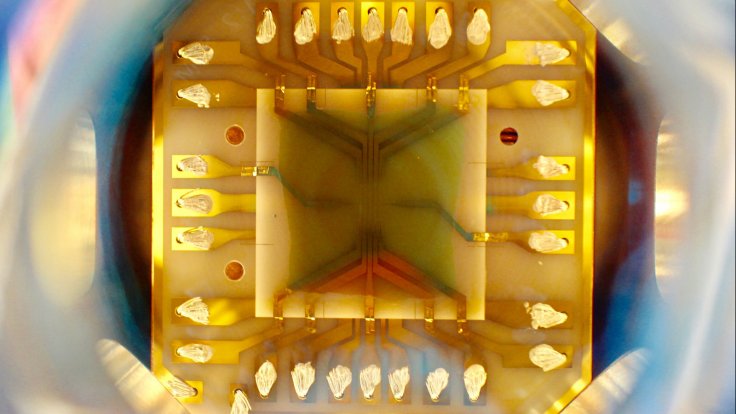China's scientific community is working at solutions that would help the nation beat the crippling chip technology restrictions the US has enforced on it. According to reports, one of China's most influential scientific bodies is working on ways to circumvent the US curbs on the semiconductor industry.

Under the plan, Chinese scientists would 'amass a portfolio of patents' that control the next generation of chipmaking. This would include acquiring patents on novel materials and new techniques that would take this key industry forward. This is the way China can push back against US sanctions that seek to severely control its semiconductor sector, two scientists from the Chinese Academy of Sciences wrote, according to Bloomberg.
The article written by the scientists -- Junwei and Li Shushen -- reveals China's countermeasures to deal with the chip war unleashed by the US. "The academy advises China's top decision makers and the article echoes remarks by President Xi Jinping calling for victory in developing core technologies. It comes as the country's new technology overseer outlined his vision for moving past American sanctions, stressing the need to modernize and rectify weak links in its supply chain," the Bloomberg says.
The report comes in the backdrop of the aggressive chip trade restrictions the US has enacted in recent months. In July last year, the US Senate voted to move forward with the CHIPS Act that will provide a $54 billion boost to the country's semiconductor industry. The long-delayed Senate vote fulfilled the chip industry's demand for subsidies that will enable it to compete with China.
In September, the US Commerce Department slapped new restrictions on chip sales to Chinese companies. As per the department's guidance, US chipmakers must immediately procure a license to supply artificial intelligence chips to Chinese companies. The US says stringent measures are needed to ensure that AI chips are not used by the Chinese for 'military end use'.
And in October last year, the Biden administration tightened the screws on the Chinese chipmakers by enforcing more export controls targeting them.
Analysts estimate that these measures will stop Beijing from achieving two of its most ambitious aspirations -- to become the world's largest economy by surpassing the US and to become the pre-eminent global digital power.
"Virtually every hardware company in China must deal with the fallout from the sweeping restrictions announced by the US .... These sanctions will hobble China's semiconductor advances," said Dan Wang, an analyst with Gavekal Dragonomics, according to the South China Morning Post.









